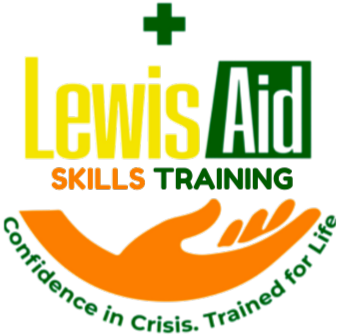Celebrating International Men’s Day: The Power of First Aid for Men’s Health
It’s International Men’s Day—a day to celebrate the positive contributions of men, highlight health issues, and encourage proactive self-care. But have you ever stopped to consider how crucial first aid knowledge can be in protecting the men in your life? Imagine being at a weekend barbecue, a sports game, or a workplace site when a friend suddenly collapses or suffers a severe injury. Would you know how to act? Would you have the confidence to save a life?
Men are statistically more likely to experience certain accidents and medical emergencies, from cardiac events to injuries at home or work. This International Men’s Day, equipping yourself with first aid skills is not just about preparedness—it’s about empowerment, protection, and care.
Common Emergencies Affecting Men
Being aware of common scenarios can make a lifesaving difference. Some emergencies that disproportionately affect men include:
Cardiac events: Men are more likely to experience heart attacks at a younger age. Early CPR and defibrillation can dramatically improve survival chances.
Traumatic injuries: Falls, cuts, burns, and fractures from workplace accidents, sports, or DIY projects. Immediate first aid helps manage pain, control bleeding, and prevent further damage.
Respiratory emergencies: Choking and asthma attacks can happen anywhere—from the kitchen to the gym. Knowing how to clear an airway or use an inhaler safely is critical.
Mental health crises: Stress, anxiety, and panic attacks require calm, empathetic first response, alongside professional support.
Signs and Symptoms to Recognise
Heart attack: Chest pain or pressure, shortness of breath, nausea, lightheadedness.
Severe bleeding: Blood spurting from a wound, pale or clammy skin, dizziness.
Choking: Clutching the throat, inability to speak, blue lips.
Fractures or dislocations: Visible deformity, swelling, severe pain, limited movement.
Recognising these signs early allows you to act quickly and decisively.
Simple First Aid Steps
Ensure safety: Before helping, make sure the environment is safe for you and the injured person.
Call for help: Dial 000 immediately for serious injuries or life-threatening conditions.
Apply first aid:
Cardiac events: Start CPR and use an AED if available.
Bleeding: Apply direct pressure or a tourniquet if severe.
Choking: Perform back blows and chest thrusts as trained.
Fractures: Immobilise with a sling or splint and avoid moving the casualty unnecessarily.
Monitor and reassure: Keep the person calm, warm, and conscious while waiting for emergency services.
Why Training Matters
First aid is not just about reacting to emergencies—it’s about confidence, readiness, and caring for the men around you. Formal first aid training provides hands-on experience in responding to real-world scenarios, so you can act quickly and effectively.
This International Men’s Day, consider taking a proactive step: learn first aid, save lives, and support men’s health in your community. You can find a course with an Allens Training Provider at www.lewisaid.com.au
Men’s health matters—your knowledge could be the difference between life and death. Celebrate this International Men’s Day by giving the gift of preparedness.
